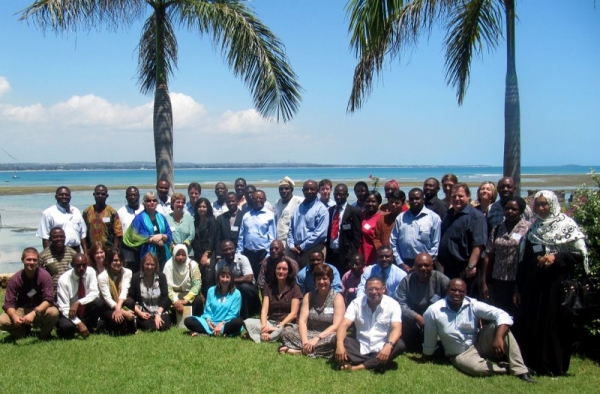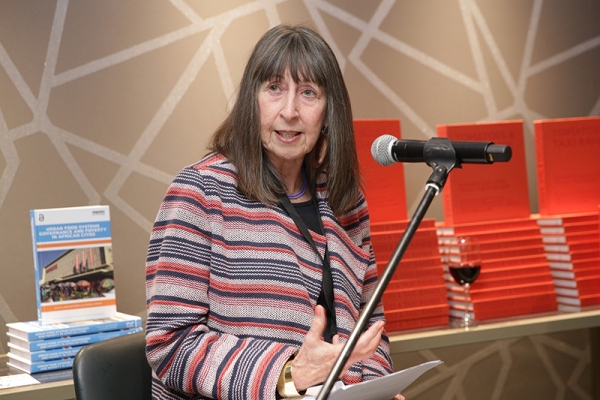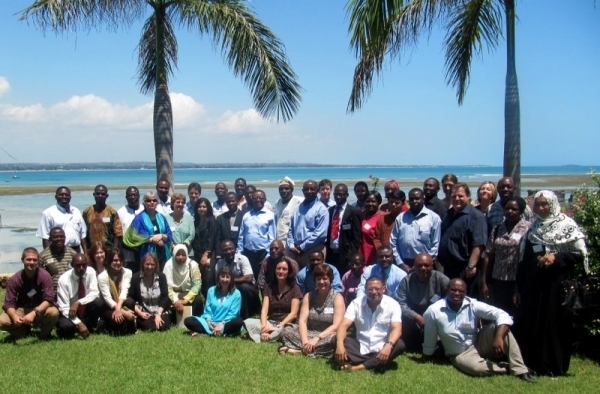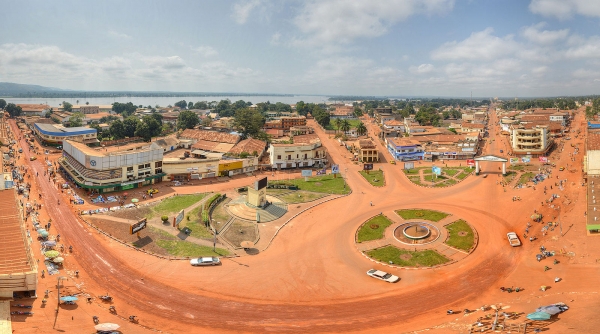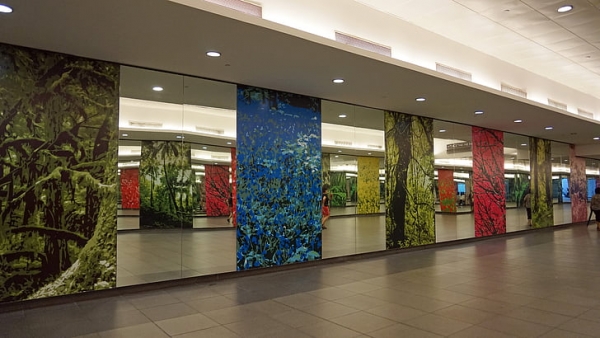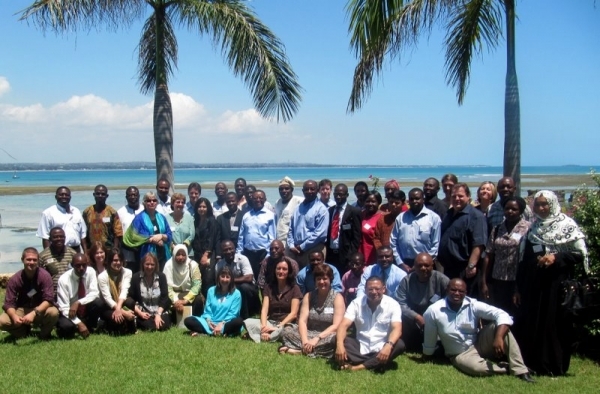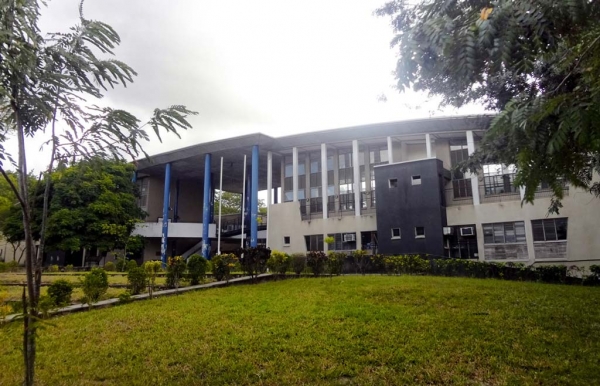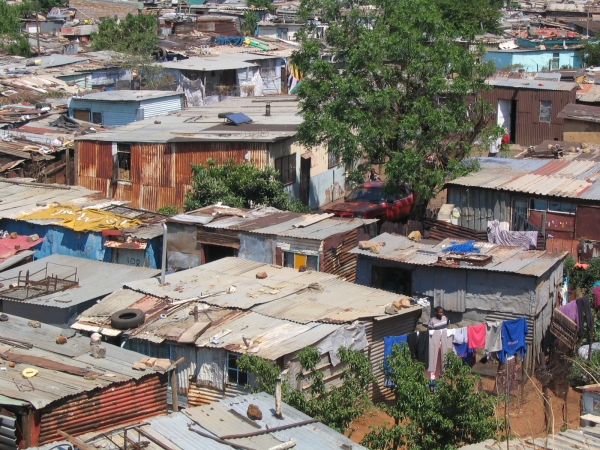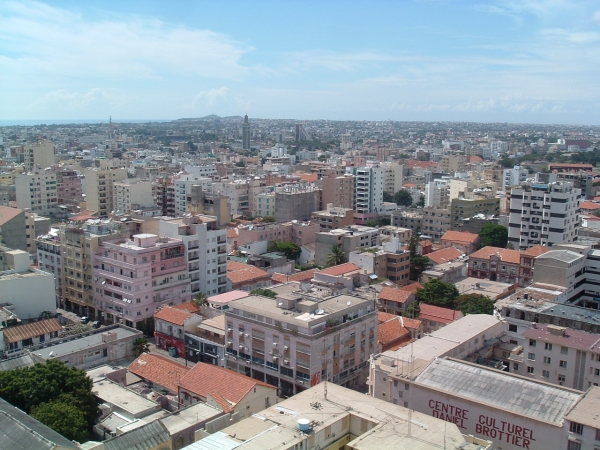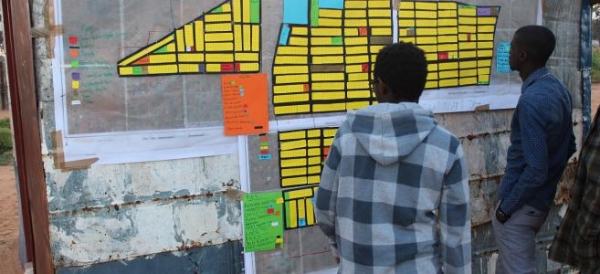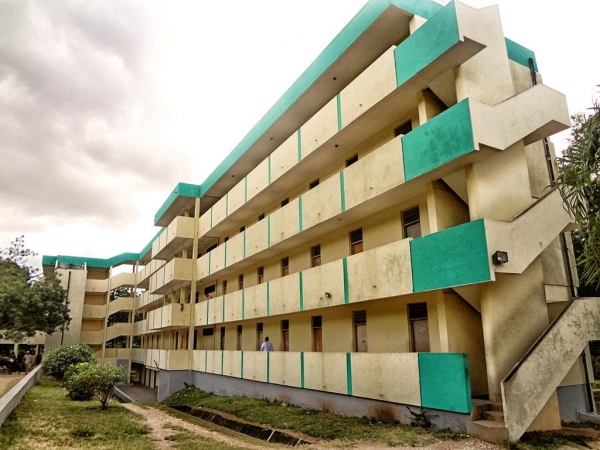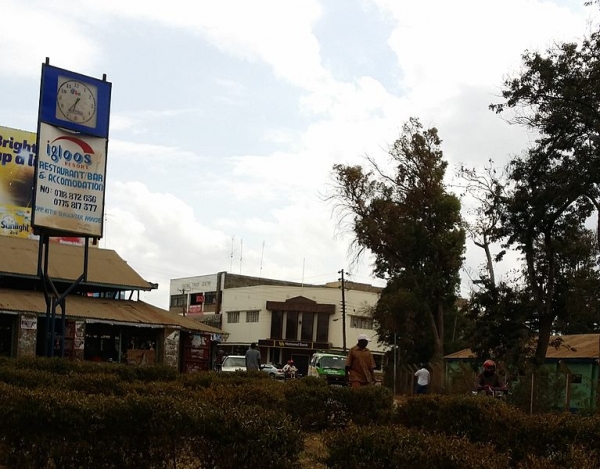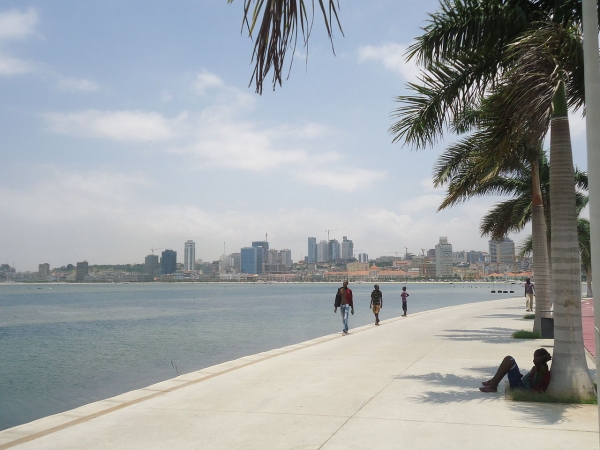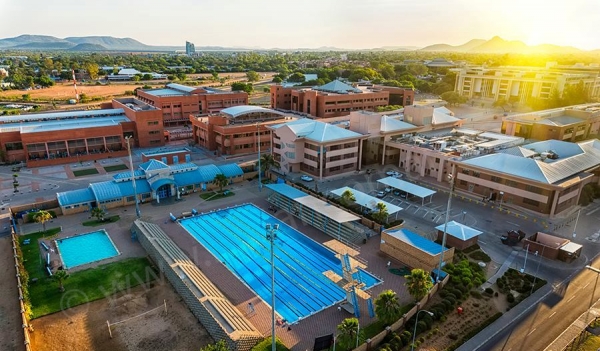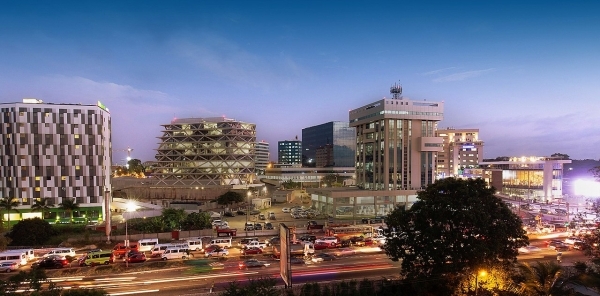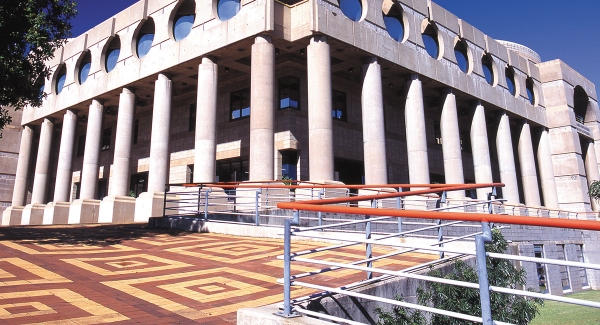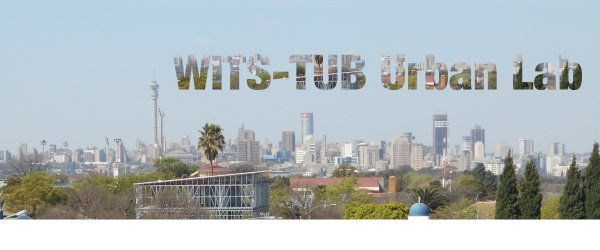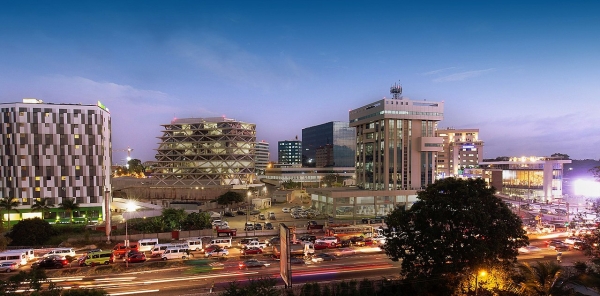The Institute of Spatial Planning (IRPUD) at TU Dortmund University (Germany), together with the Institute of Human Settlement Studies and School of Spatial Planning and Social Sciences at Ardhi University (Tanzania) invite paper submissions for the fifth international conference of the Association of African Planning Schools (AAPS).
Themed Urban Africa in the Twenty-First Century: Current Issues and Future Prospects of Urban Governance and Planning, the conference will be organised along five thematic tracks relevant to current issues and future prospects of urban governance and planning in urban Africa (please see below).
The conference will feature keynote addresses from leading urban and planning scholars including Prof Stefan Greiving (TU Dortmund University), Prof Robert Kiunsi (Ardhi University), Prof Wilbard Kombe (Ardhi University), Prof Garth Myers (Trinity College, USA), Prof Sophie Schramm (TU Dortmund University), Prof Vanessa Watson (University of Cape Town).
The conference will be held in Dar es Salaam (Tanzania) from 18 to 20 November 2020).
For further details on the conference themes and organizers, please contact Dr Genet Alem.
Important dates
15 April 2020: Deadline for abstract submissions
31 April 2020: Confirmation of acceptance
1 August 2020: Registration for conference participation opens
31 August 2020: Deadline for paper submissions
Abstract submission
- Download the abstract submission form here
- Complete the form
- The maximum length of abstract is 250 words
- Submit the form to goplarea@post.tu-dortmund.de
Conference themes
Track 1: Localising planning theories
Planning education and practice in Africa have so far largely been based on applications of urban and planning theories derived from Euro-American urbanism. This has led to the conclusion that urban planning in Africa is an extension of colonial ideology and out of touch with socio-spatial, economic and institutional reality. Scholars such as MacFarlane (2008), Watson (2009, 2014) and Connell (2013), therefore, call for decolonising planning theories and redirecting the focus of planning research and theorisation toward the Global South. The conference thus welcomes views on the Global South as an active participant in creatively shaping theoretical debates, be it through the appropriation of circulating planning theories or through the creation of new ones rather than as a passive recipient of mainstream planning models and ideals. In line with this, this track has two interrelated aims: 1) to debate place-specific appropriations of globally circulating planning theories and concepts such as participatory and/or collaborative planning, garden city, networked city, resilience, sustainability, informality; 2) to discuss planning theories and models that emerge from planning in African cities or cities of the South. We hope that these discussions will help us to redefine and reconceptualise the meaning of ‘urban’ and ‘urbanisation’ more broadly from various local perspectives. Hence, the track calls for papers that focus on:
- Place-specific appropriation and adaptation of circulating planning ideals and models by actors and agents in urban planning and development as well as in academia
- The development of urban and planning theories and models from the perspective of the Global South and in particular African urbanisms
Track 2: Innovating planning education to fit the challenges of climate change
The effect of climate change is already visible in African cities. Flood and water scarcity are increasing and are causing loss of life, destruction of infrastructures and jeopardizing livelihood. Prospects for the future are bleak and require the planning profession to rethink how to deal with such changes and their impacts. The track hence opens discussions on the role of urban planning education in dealing with such drastic changes in urban environment. Consequently, the conference calls for papers which discuss how far the curriculum of urban planning education evolved with increasing urban risk, how far concepts such as sustainable development, urban resilience and risk adaptation have influenced teaching, training and the focus of research in urban development and planning as promoted by UN Habitat’s initiative ‘Planners for Climate Action’.
Track 3: Participatory and multi-governance approaches for urban resilience
Challenges posed by rapid urbanisation and climate change related risks have already exacerbated the weak institutional and financial situation of cities in Africa. On the other hand, considerable resources have been available in co-production networks and initiatives in informal and semi-formal systems. These resources are used to overcome shortages or inaccessibility of urban services and to mitigate and adapt to disaster related risks. Here, dealing with critical infrastructures and their systemic criticality due to cascading effects in case of service disruptions comes into play. This track, hence, aims to discuss the nature of such resources and their potentials and constraints to develop participatory and multi-governance approaches for urban resilience. Therefore, the track opens discussions for papers dealing with resource mobilisation at grassroots level and coordination of efforts at different level of, in particular, land governance and infrastructure planning and provision, as well as looking into factors for building urban resilience at local level.
Track 4: Toward pro-livelihood adaptation and risk management approaches
Adaptation and risk management is one of the key planning areas in urban Africa, where self-help, private and public initiatives work together. Yet, in many cases, aims of adaptation and risk management are conflicting with livelihood related issues and access to affordable housing. Consideration of such socio-economic factors will be essential for successfully building urban resilience and doing so in an inclusive manner. Consequently, the track will bring forth the issue of pro-livelihood integrated actions in adaptation and risk management. The track calls for case studies which highlight the complex relationship between job creation and risk management as well as theoretical insights and approaches dealing with informal settlements in hazard prone areas along the different spectrums between on-side upgrading and off-side resettlement poles.
Track 5: Information and communication technology (ICT) for inclusive spaces
Cities in Africa, just as anywhere, are confronted with the imminence of digitalisation in various aspects of city life. Data from African cities have already been named as an ‘infrastructure’. Also the notion of ‘leap-frogging’ in technology development, service payment systems, customer feedback and control, network mapping of existing infrastructures and information platforms are being introduced by state actors and the private sector. Research on the subject, however, is currently largely industry driven, while the citizen perspective remains obscure. This track therefore invites contributions critically investigating digital money systems, ICT in infrastructure management, ‘smart’ mobility systems and their impact on spatial orders and accessibility in African cities. The track seeks to discuss how the planning professionals can position themselves to ensure that the new technologies work towards social cohesion.

